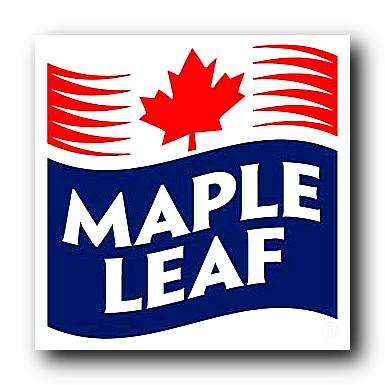400 jobs lost as Maple Leaf Foods halts turkey processing operations
By Jennifer Jackson
Maple Leaf Foods will soon shut down its turkey processing plant in Thamesford, Ont.
The closure will represent some 400 lost jobs. Maple Leaf Foods plans to outsource the plant’s operations to a new Sofina Foods’ plant in Mitchell, Ont., according to CBC.
The plant will officially close its doors in early 2018, providing employees 18 months’ notice.
The facility is too old to justify maintaining operations, according to Annemarie Dijkhuis, public relations director for Maple Leaf Foods.
“This was a very difficult decision given the impact on our employees and the community, but necessary given the substantial physical limitations at our 80 year old Thamesford plant,” Dijkhuis told CBC.
 The company is providing employees with career transition services, including interview training, job search advice, and resume development services. The company is also offering counselling services for employees and their families, for as long as needed before the plant closure.
The company is providing employees with career transition services, including interview training, job search advice, and resume development services. The company is also offering counselling services for employees and their families, for as long as needed before the plant closure.
There have been no updates yet on if the company will offer job transfers to the employees.
The closure “provides Maple Leaf with a cost-effective supply of high quality, fresh turkey for further processing, and supports the company’s commitments to food safety, quality, and animal care,” the company stated in a release, according to CBC.
Farms.com has reached out to the Turkey Farmers of Ontario for comment.